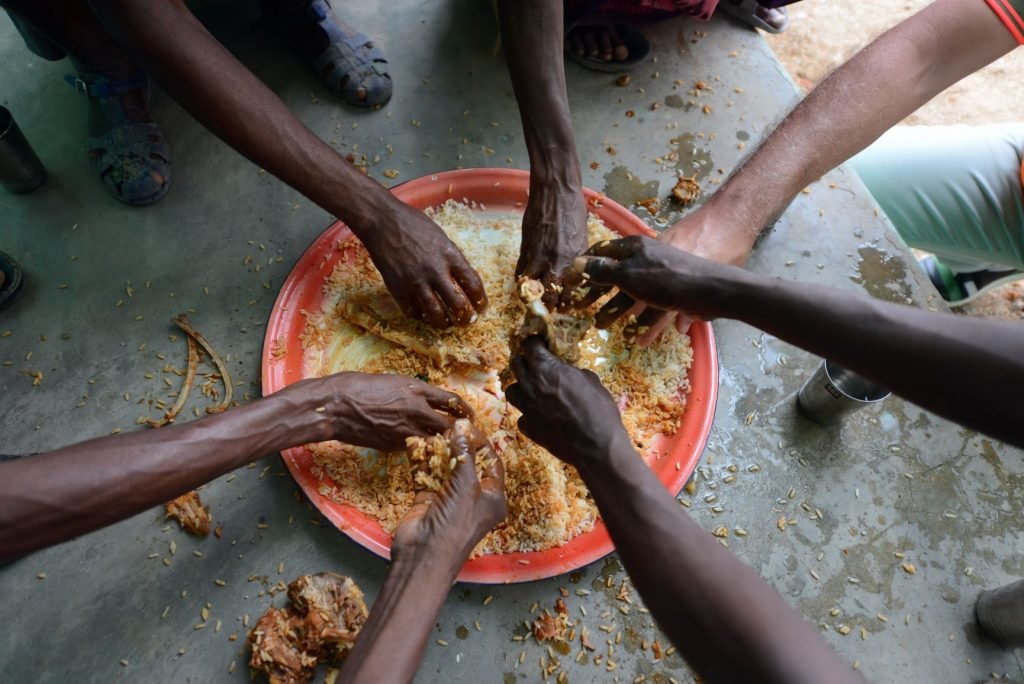
The International Monetary Fund (IMF) has said that 158 million people are food insecure in Africa. It stated this in its October 2023 special issue report on Africa.
According to the IMF, this figure represents about 13% of the population on the continent.
The IMF also noted that in Africa, only a handful of nations possess the necessary technology, financial means, and capabilities to effectively navigate economic shocks on their own.
This situation is notably challenging for the continent’s fragile and conflict-ridden states, which are highly susceptible to external shocks like soaring food prices, pandemics, and climate-related hazards.
According to the IMF, the ramifications of a nation’s failure hardly stay confined within its borders; instead, they cascade into neighboring countries and persist across generations.
Hence, addressing conflicts and fragility within states is not just a regional concern; it’s a critical global public good, necessitating concerted efforts to ensure stability and prosperity in the region and beyond.
The interconnectivity of nations also underscores the importance of collective action and international cooperation to promote resilience and mitigate the far-reaching effects of fragility and conflict in Africa.
Meanwhile, the IMF special issue stated that the suspension of the Black Sea Grain Initiative is a worrying development that risks putting renewed upward pressure on international food prices. In addition, elevated oil prices may feed into food prices, including through the price of fertilizers.
The Nigerian context
To put this into context, it is important to consider the CPI report released by the National Bureau of Statistics (NBS) on Monday, October 16.
The report noted that the inflation rate for September 2023, compared to the same month last year, rose to 26.72% from 20.77% in September 2022.
Meanwhile, in August 2023, it was 25.80%, showing a 0.92% increase from the previous month. Among other factors, the NBS noted that the rise in inflation rates is attributed to food costs as well as energy (electricity, gas, and other fuel) costs.
What you should know
The IMF further noted in its report that for Africa’s growth and resilience, it’s crucial to focus on high-quality and inclusive development. The continent’s youthful and rapidly growing population emphasizes the need for job opportunities, especially for new entrants, including women.
According to the IMF, key reforms involve cutting bureaucracy, enhancing transparency, ensuring a fair playing field, improving public services, and promoting financial inclusion.






